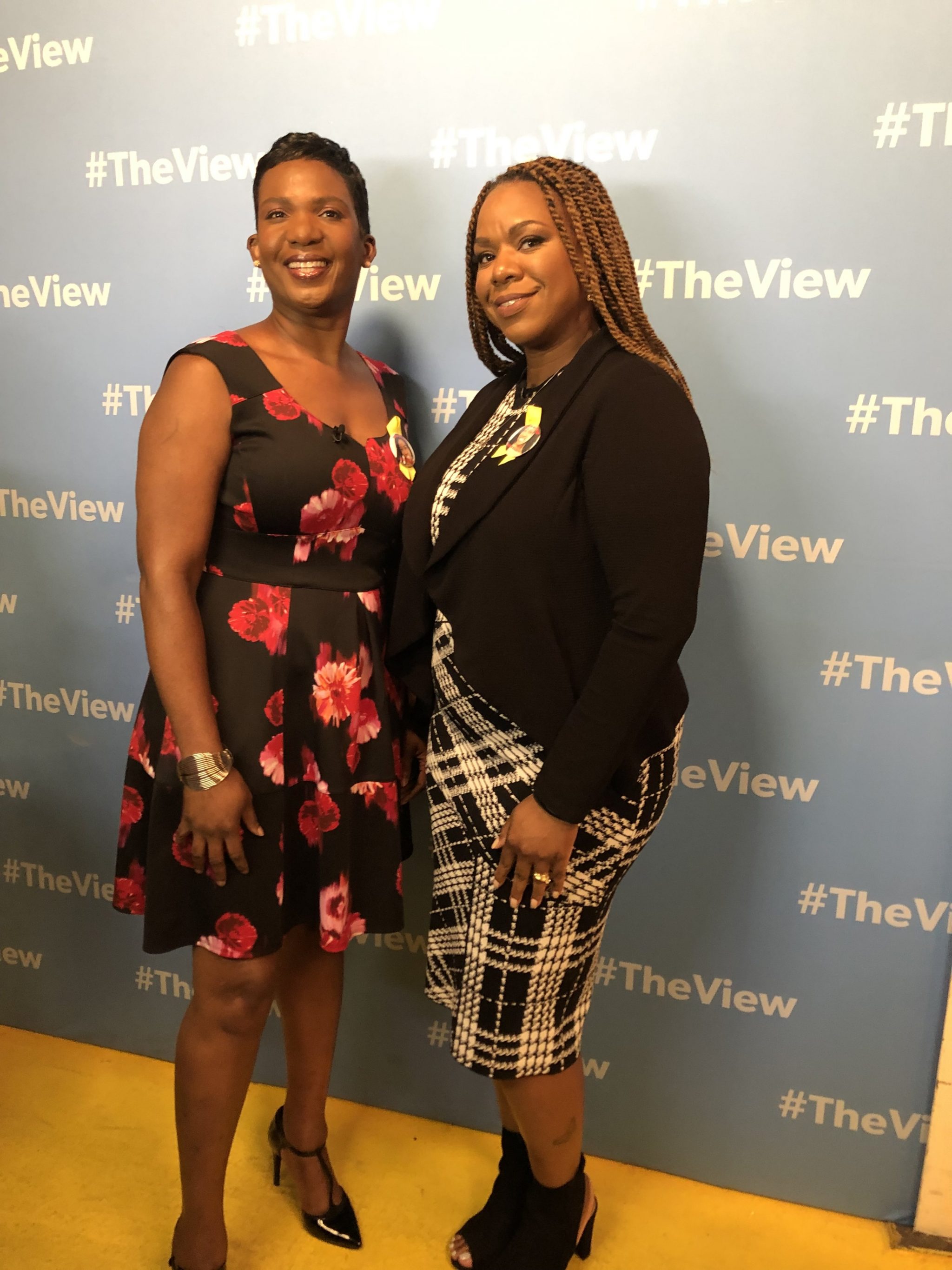Gabby Petito’s name and images of her dominated the national news when her family reported the Florida 22-year-old missing earlier this month. Her story quickly went viral, and hoards of “digital detectives” took it upon themselves to comb through her social-media accounts in search of clues—first before her body was found, then after as investigators have sought her missing fiancé, Brian Laundrie.
In 2020, nearly 203,000 people of color were reported missing, and their stories rarely, if ever, captured coast-to-coast coverage.
This trend isn’t new. It’s what prompted DC-area sisters-in-law Natalie Wilson and Derrica Wilson to found the nonprofit Black and Missing Foundation, Inc. in 2008. Natalie’s public relations background and Derrica’s law-enforcement career were a useful mix—together, they knew how to validate missing persons reports, get the word out, and work with law enforcement to help reunite families.
“The motivation to keep going are the thousands of families reaching out to us saying, ‘Hey, I need your help,’” says Natalie, a DC resident. Derrica, who worked for the Arlington County Sheriff’s Department, lives in Prince George’s County. “We are a voice for those voiceless. We are doing all that we can to help find them.”
Once someone has an official missing persons report, they can fill out a form on BAMFI’s website, which enters the person into their national database. BAMFI then pushes the reports out on its social-media platforms, where it has more than 15,000 followers on Twitter and 193,000 on Facebook, and shares them with local media outlets.
“It alerts the community that someone is missing, and they can be vigilant, help to search for them, and it can greater the chances of recovery,” Natalie says. “Media coverage puts pressure on law enforcement to add resources to the case.”
BAMFI also has law enforcement partners, including DC’s metropolitan police department, who they worked with on the Relisha Rudd case.
Ni’cola Mitchell, who lives in Atlanta, connected with BAMFI when her goddaughter was kidnapped in December 2012. After the family was initially ignored by the police department, Mitchell says, BAMFI stepped in and the case “took off.” Derrica was working with law enforcement, and Natalie was helping with the messaging. Once her goddaughter’s body was recovered, Natalie and Derrica guided Mitchell through the press conference. Nearly 10 years later, they’re still part of each other’s lives.
“Working with them was refreshing. I felt helpless,” Mitchell says. “They went above and beyond and still were supportive after.”
The organization has assisted with closing 400 cases, according to Natalie. While it’s “exciting” to help reunite families, Natalie says, their focus remains on those who are still “desperately searching for answers or any bit of information” on a missing loved one.
In the weeks since Petito’s story, BAMFI has seen increased submissions due to a “heightened awareness and conversations about missing people of color.” The conversation about who gets media coverage isn’t new, but Natalie doesn’t yet know if it’s a “fad or not.”
“People are talking about it, but now we need to put action to it,” Natalie says, and it’s not just the media and law enforcement. “As a community, we all play a role in making a difference. As a community, we need to use our voice to bring about change.”














